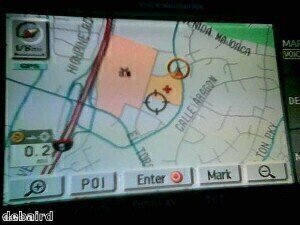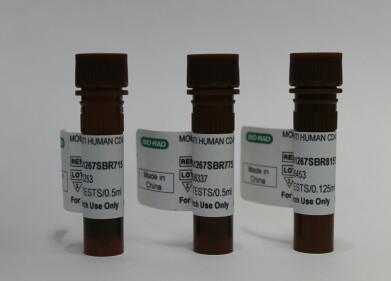Laboratory Products
Laboratory testing allows GPS technology to improve weather forecasts
Jun 14 2012
Researchers at RMIT University's SPACE Research Centre and the Bureau of Meteorology have, after extensive laboratory testing, used GPS technology to improve weather forecasts.
The technology, which is generally used to guide in-car navigation systems, is now being used by scientists to provide an extra type of temperature profile observation for use in weather forecasting computer models.
These models can draw on roughly a hundred thousand million current weather observations to help generate information used by meteorologists to prepare detailed forecasts.
According to the RMIT Adjunct Professor, John Le Marshall, the Research Program leader at the Bureau of Meteorology, the added information given by the GPS data helps to increase the usability of the observations.
"We are actually able to measure the amount of bending in the GPS beam as it passes through the atmosphere," he said.
"We can then use that knowledge to more accurately measure atmospheric temperatures and use this to improve temperature fields and calibrate other satellite readings.
"This extra information, in the data-sparse southern hemisphere, is now making our forecasts more accurate."
He added that because the research was completed and began being used in forecasts already this year, it has allowed the Bureau to deliver forecasts of the same accuracy up to ten hours quicker.
What's more, as techniques continue to improve he said he was confident that GPS data would be able to play an even bigger role in climate monitoring and forecasting severe weather warnings.
Professor Kefei Zhang, director of the RMIT SPACE Research Centre, said that the use of GPS helped to provide a low-cost, powerful means of precise measurement of the earth's environment.
"Weather forecasting is dependent on accurate observations of the atmosphere surrounding the whole planet, but there is a significant lack of ground-based meteorological observation stations," he said.
"GPS can fill that gap. It’s revolutionary technology. It’s the missing link."
The centre is a multi-disciplinary and international collaboration supported through the Federal Government’s Australian Space Research Program.
Digital Edition
Lab Asia 31.2 April 2024
April 2024
In This Edition Chromatography Articles - Approaches to troubleshooting an SPE method for the analysis of oligonucleotides (pt i) - High-precision liquid flow processes demand full fluidic c...
View all digital editions
Events
May 05 2024 Seville, Spain
InformEx Zone at CPhl North America
May 07 2024 Pennsylvania, PA, USA
May 14 2024 Oklahoma City, OK, USA
May 15 2024 Birmingham, UK
May 21 2024 Lagos, Nigeria










.jpg)







